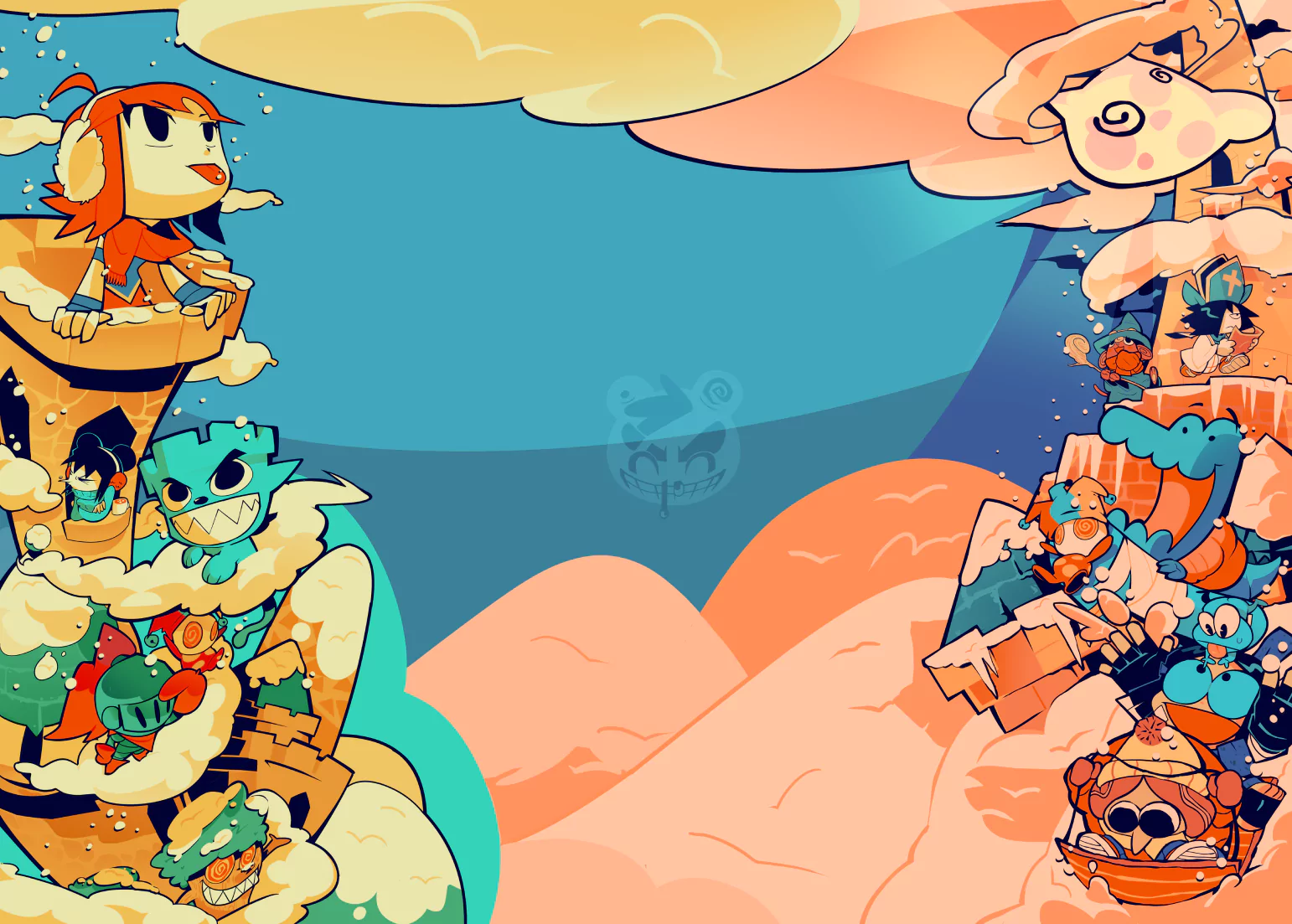I read your prologue and it has a few problems. First off is starting out with a cliché: Once upon a time. There's pretty much no good reason to ever write those words in narration at the start of a story; it doesn't add anything and can be safely removed.
Another issue I noticed is the armies don't behave like battling armies, or people, for that matter. Why would two armies battle each other inside a thick forest? That would make military tactics virtually impossible. Rather than being able to form a phalanx they would be scattered about. Archers and cavalry would also be useless. I can't imagine any half-competent general ordering their army to fight in a forest, let alone two of them doing it. If one was foolish enough to order their troops into the trees the other would likely just wait on the other side and shoot arrows at the ones escaping (or just set the whole thing on fire and watch them burn, but more on that in a second). It didn't seem realistic that both the entire armies would stop dead, immediately, just because a civilian was in the middle of the forest. Why does every single fighter care? Not one would prefer to keep fighting? How did the entirety of both armies so quickly become aware she was even there? Troops only a hundred feet from the front line would have no way of seeing or hearing her.
The forest being on fire didn't make sense to me. How did the forest fire start? Why are the armies not burning to death? Why are they not dying from smoke inhalation? Are there no animals scattering about, fleeing the fire? The fire doesn't seem to serve any purpose other than giving the woman something to do (i.e. extinguish it). There should also be some type of reaction from the soldiers given the danger of being in a forest fire.This is what being in a forest fire is like. I didn't get any sense of the sheer amount of danger the fire would present everyone involved.
You also have way too many ellipses, and none of them are used correctly except for here:
"But..." she continued
I'd recommend getting rid of all of them except that one and to not use them outside of dialogue.
The roaring fire, cracking of trees and screams of dying men were all drown out by the sound of her voice.
"Is THIS the land that you fight for" she whispered.
How did a whisper drown out people screaming? Also, you just a few sentences before described the forest as having fallen silent: 'the soldiers all froze... the forest fell silent'. So there's nothing for her voice to drown out.
A shadow began to blanket the clearing. Droplets of rain crashed onto the faces of soldiers.
What clearing? The setting has only been described as a thick forest. If they're no longer surrounded by trees that should be made clear.
In that instant, a hellish wind from the sound could be heard approaching quickly.
Describing events as 'could be heard/seen/felt' pulls the reader out of what's happening; it puts them at a distance. You can convey the same information without doing that:
As she spoke, a gale from the south rushed toward her and the two armies, snapping branches and felling trees.
Strong verbs like 'gale' convey imagery better than a normal verb with an adjective like 'hellish wind'. And words like 'quickly' should be removed whenever possible; adverbs are, generally, not your friend in writing. They can be useful but more often than not you want a strong verb rather than an adverb.
The primary issue with that sentence, though, is that it's telling rather than showing. If the wind is so strong and fast that it is clearly perceptible by sound alone, describe the wind doing something that could easily be heard.
Bullet-like rain falling almost level with the ground was ripping through the soldiers like paper.
Some of your writing, like this, is a bit of a trudge. This is good imagery but you're relying on two separate similes in the same sentence to convey it. The use of passive voice here is also slowing it down, taking away its significance. Consider tightening it up, something like this:
Rain shot straight down from the sky like bullets, piercing the armour and flesh of the soldiers.
This reads like a first draft in need of several revisions: there's a lot of grammatical errors and missing/misused punctuation, and a few wrong word choices (e.g. 'a hellish wind from the sound could be heard') that read like something auto-correct threw in. I can only assume that was meant to be 'south'.
The ideas behind it all, while not very original, are fine; but the execution needs work. Flesh out your characters and events. Think how real people would behave in a situation like this, and write that. Resist the temptation to get right to the exciting climax because it will lose its punch without a solid build-up.
